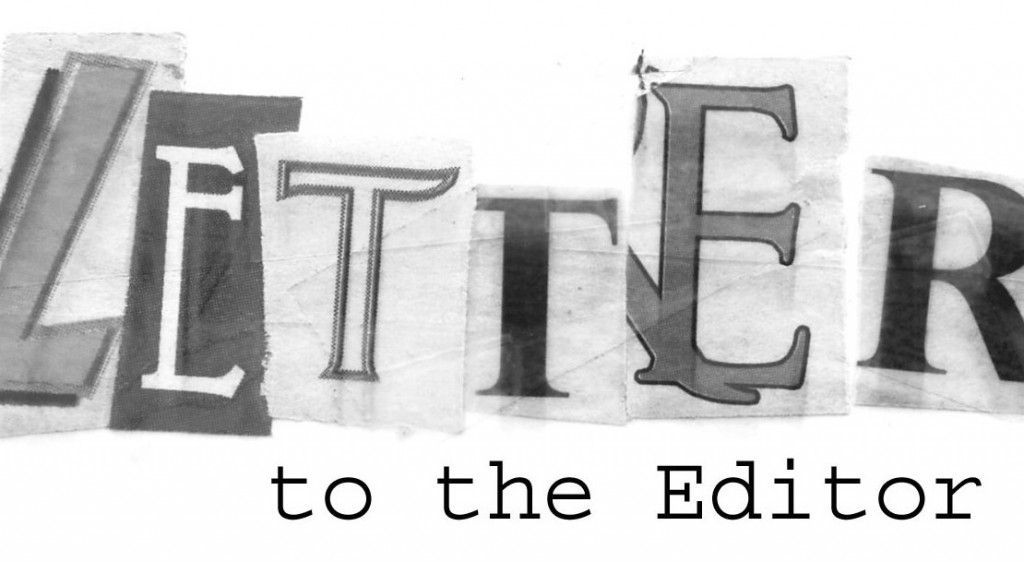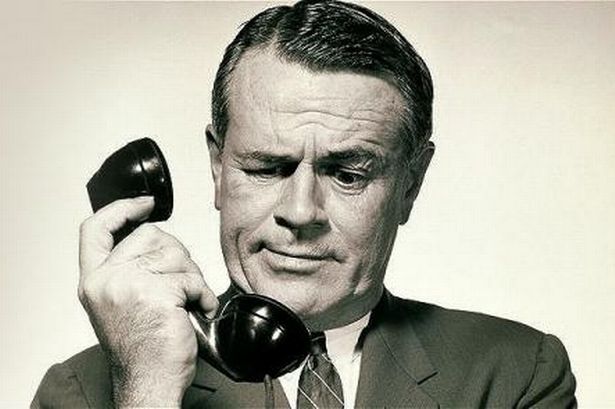Dear Journalists, We Can Explain: Things PR Pros Want You to Know


If you’ve been in the media relations game long enough – on either side – you’ve seen many a blog, article, and social media post lamenting the mess-ups of PR professionals. There are different ones here and there, but most tend to center around incessant follow-ups, not understanding beats, mass emails and the dreaded… dun dun dun… follow-up phone call!

I asked my conscientious colleagues, some of whom have multiple decades of experience in the field, to share their top things they want journalists to know. Here’s what they had to say:
“PR people are accountable to their clients and/or employer and have a job to do. Part of our job is avoiding speculation and hypotheticals being printed in the media. Another is respecting confidentiality, which might include personnel issues, financial data or a legal matter. We want to provide timely and accurate information to reporters but do sometimes have to hold back. In most of my interactions, the media do understand that and are also just doing their job. We also spend time crafting our pitches to target a reporter’s beat and interests. We are not blasting off topic story ideas, and we welcome feedback from the media to help us improve. We know the media get a gazillion pitches per day, but we crave your feedback and value your time.” – Julie Wright, President
“I think a lot of journalists assume we want to insert ourselves or take over their process when we just want to be sure they’re getting everything they need. Journalists often want to talk to the client, but the client is busy running a business and doesn’t have the time to send images, headshots, product fact sheets, etc. Our job – and desire – is to make the journalist’s life easier. Journalists also tend to assume we just want our clients to spew talking points that mean nothing but sound great. The reality is, our clients are passionate about their product. They live and breathe it. We know the best interviews are when they convey that passion in an authentic way, and that’s what we try to help them do. The only difference is during crisis management when showing hot-running emotion – compassion being the exception – isn’t the most helpful for anyone involved.” – Chance Shay, Communications Strategist
“I think one thing everyone in the industry forgets is that a lot of PR people were once media and vice versa. So, many of us do ‘get’ what it’s like to be a journalist and what they need to make a story a good one. Also, most of us get the benefit of a good relationship and will often go out of our way to help a journalist. PR people can help with leads or connections that can prove useful and often have their finger on the pulse of what’s hip, new and trendy in a number of industries. Smart media professionals can use their PR contacts as solid resources for story ideas.” – Shae Geary, Senior Communications Strategist
“PR pros and journalists need each other. In the age of information overload, we can help journalists do their jobs more efficiently and effectively. And I promise, some of us do have interesting and intentional things to say! It’s really hard for me to see Tweets disparaging PR people when I just finished writing an entire article for a journalist because he was too busy to write it himself, or saying we can’t meet basic deadlines when I have a whole system in place to ensure I always do just that. I get it – when you see a cringe-worthy mistake, it can put a bad taste in your mouth. But most of us do put effort and care into what we send you.” – Molly Borchers, Senior Communications Strategist
“If we don’t hear otherwise from you, we’ll assume our pitches work for you on some level. If the approach doesn’t, but you’re interested in the news itself, let us know. I’ve received emails simply saying, ‘Hey, this is cool, but my deadline is always X day – can you send to me another day of the week next time?’ or ‘My lead time is a little longer than most monthlies – in the future, get the info to me four months in advance.’ It’s quick feedback that’s appreciated, and we’ll take heed. And if you’re not interested, let us know. We won’t follow up. But I’ve had media people on many occasions say, “Yes, I love this idea, I’ve just been swamped – thanks for reminding me” after circling back. We don’t want to annoy you. Oh, and unless the situation truly calls for it – I won’t call you. Promise.” – Erica Schlesinger, Communications Strategist

PR pros, what would you add to the list?
Journalists, what do you think? Do you find most PR pros you deal with are worthy of a bit of a break – or still don’t get it?















